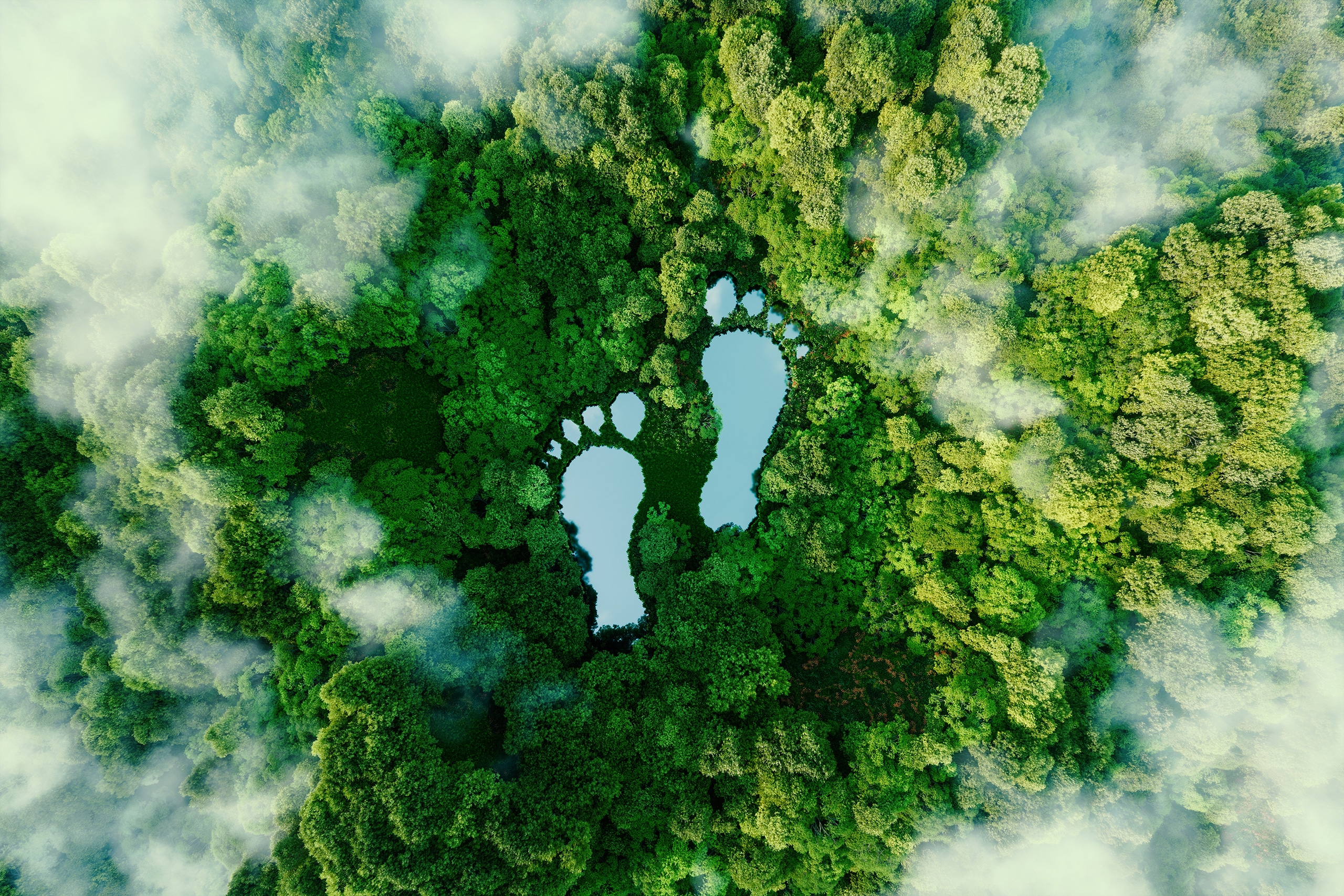… also for destroying drugs and chemical weapons.
The Netherlands-German will produce Alka Eco Liquification Systems as soon as the law is changed.
BRUNSSUM, December 4, 2023 – The Dutch-German company will launch a Alka Eco Liquification Systems that will allow crematoria, funeral directors, and hospitals to sustainably disposal bodies of deceased people while they lie in a dissolvable coffin.
Based on the same technology, the company will build COMPLETELY DIFFERENT mobile installations that can be used to destroy drugs, chemical weapons, and old medicines in a sustainable way.
In this process, bodies are dissolved in a hot water via alkaline hydrolysis, after which only the bones and the process water – the effluent – remain. The bones are then dried, processed into very small parts, and presented to the next of kin in an urn. According to research by the Dutch TNO, it is the most sustainable funeral technique. It produces little to no soil, air and water pollution and is therefore a greener alternative to cremation and burial. Alka Eco Liquification is currently only allowed in countries such as the US, England, and South Africa. The Netherlands wants to amend the Funeral Services Act next year to make it possible here as well.
A survey by Radar showed in 2020 that no less than 62 percent of Dutch people would consider Alka Eco Liquification.
In preparation for this, the company has developed a stainless-steel pressure vessel where bodies can be dissolved in less than two hours. This is done under pressure of 11 bar and a temperature of 190 degrees Celsius. According to the Lab, this is the safest way to disposal bodies. “There are suppliers of cheaper devices that disposal bodies without pressure below a temperature of 80 degrees. Then it takes much longer, and the Effluent is not clean and safe. We do it right,” says Ludwig Marie Louis de Haan, founder of the company. There is also a risk of contamination when transferring a body from a coffin to the unit. That is why this system works with biodegradable Dutch coffins from FAIR coffins, which are dissolved in this system. The coffins are made of a cardboard-like sheet material with the same properties as a traditional coffin, by people with a distance to the labor market.
“We are the only one in the world that offers this,” says De Haan.
The Health Council of the Netherlands already concluded in 2020 that alkaline hydrolysis is permissible as a new form of funeral services. The former Minister of the Interior and Kingdom Relations, Ollongren, wrote to the House of Representatives that she considers this new technique to be a valuable addition. However, further research had to be carried out into how the effluent should be disposed of or processed. If that is known, her successor Hanke Bruins Slot will submit the amended Funeral Services Act to the House of Representatives before the summer of 2024.
Various applications are conceivable for the Effluent, such as fertilizing fields and forests, discharge via the sewer system or making biogas. For example, the remaining process water can be used to make manure for cocoa plantations in Africa. In the long term, it can even be used to make fertilizer pellets, as cocoa farmers are now using. “People who choose water cremation want to give their bodies back to nature. They indicate that their effluent can be used to fertilize fields or forests,” says De Haan.
The company was founded by former employee Ludwig Marie Louis de Haan of chemical company DSM. Several former colleagues help and support the company as advisors or experts. Honorary advisor is Professor of Microbiology and former R&D Director Emmo Meijer.
Beginning in January 2026, selected companies will manufacture automated alkaline hydrolysis (water cremation) units for use by funeral directors and hospitals at various locations. This is to increase production capacity to supply nationally and internationally. The mission of Alka Eco is to offer an innovative, greener alternative to traditional burial and cremation.
In addition, it wants to use its technical innovations to help destroy drugs, chemical and biological weapons, and expired medicines. The company is in talks with the Dutch police to produce mobile units that can be used to recover large drug seizures on the spot. This is more sustainable than incineration. This has also been tested by the Lab. The knowledge institute is currently testing whether the technology is also suitable for chemical weapons and thus destroying them.
“For funeral services, this is a welcome, sustainable technique, in addition to the well-known forms of funeral delivery. The application for the destruction of drugs needs to be further investigated, but is potentially much less harmful to the environment than incineration,” says Dr. Prof. Emmo Meijer.
An interesting article you find here at Change Inc.: This will be the most sustainable alternative to burial, cremation… and drug destruction
Original source ANP press release: Duurzame techniek voor resomeren ook voor vernietigen drugs en chemische wapens.
Please check our information page about the Alka Eco Mobile DDU out here!
